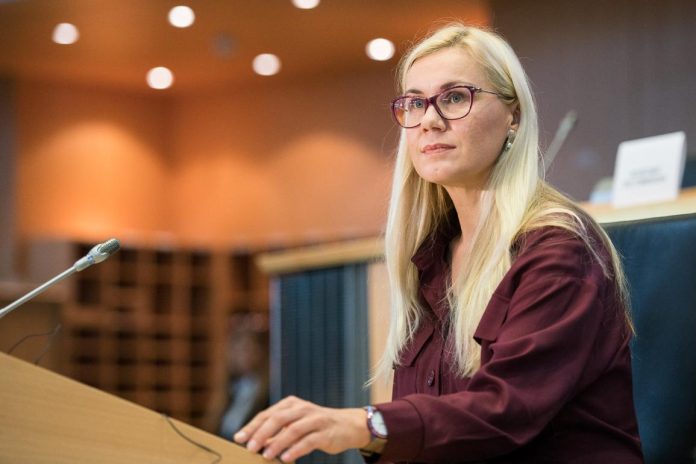EU Energy Commissioner Kadri Simson stated in Abu Dhabi on Wednesday (April 17) that the world should ensure supply chain diversity and implement a framework to track the progress of strengthening renewable energy by 2030, according to Euractiv.
The International Renewable Energy Agency (IRENA) is hosting countries in Abu Dhabi for its annual two-day meeting for deal-making, technical exchange and planning.
The EU had two key messages, delivered by Simson. The first is that the global COP28 pledge to triple renewable energy capacity to 11,000 GW by 2030 required a more rigorous governance structure.
We propose that there should be a monitoring framework that allows us to follow what is happening.
The idea would be formally presented at COP29 in Baku. Simson added that the concept could potentially be harmonised with IRENA and the IEA (International Energy Agency).
According to COP28 host United Arab Emirates, 133 countries have now committed to doubling energy efficiency and tripling the use of renewable energy by 2030. However, neither China nor India has yet signed the pledge.
“If we will deploy new wind installations, both onshore and offshore, and hundreds of gigawatts of solar, then it should also create new jobs across the globe.”
The second message was that dependence on a single supplier, such as China, would be “very dangerous”. According to IRENA, global renewable energy installations would fall short of the annual target of 1,043 GW in 2023, reaching only 473 GW.
We should not create a very dangerous dependency on one single supplier.
Simson noted that the EU was “ready to engage with our international partners so that, across the globe, there are alternative production sites that allow us to actually deliver this green transition.” EU officials in her entourage tried hard to stress that it should not be understood as a call for the global South to reject China. It should be seen as saying that a risk mitigation approach that promoted a more diverse renewable energy industry would be beneficial to all.
However, the message was not so well received among the summit participants. With more than 600 million Africans without stable access to energy, “getting any kind of energy, no matter what or from where, is our main priority,” an African Union energy official declared.
China is “building roads, building dams,” whereas the EU “has been presenting plans and strategies for the past 30 years,” the official argues on condition of anonymity. African countries had two priorities, according to him. “Technological transfers and hard cash” should come first, and then moving from an “energy extraction approach” to creating “local value,” he noted.
